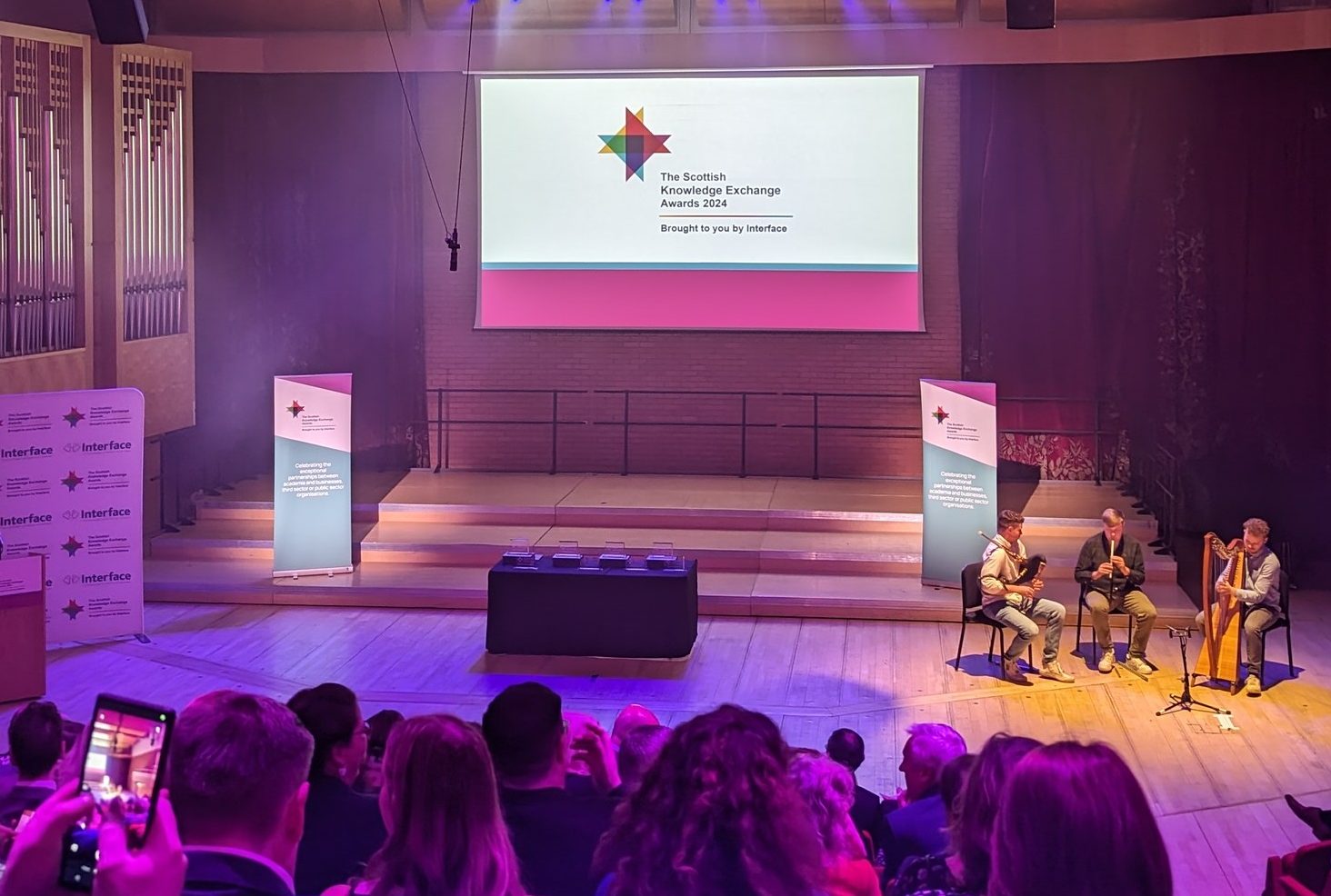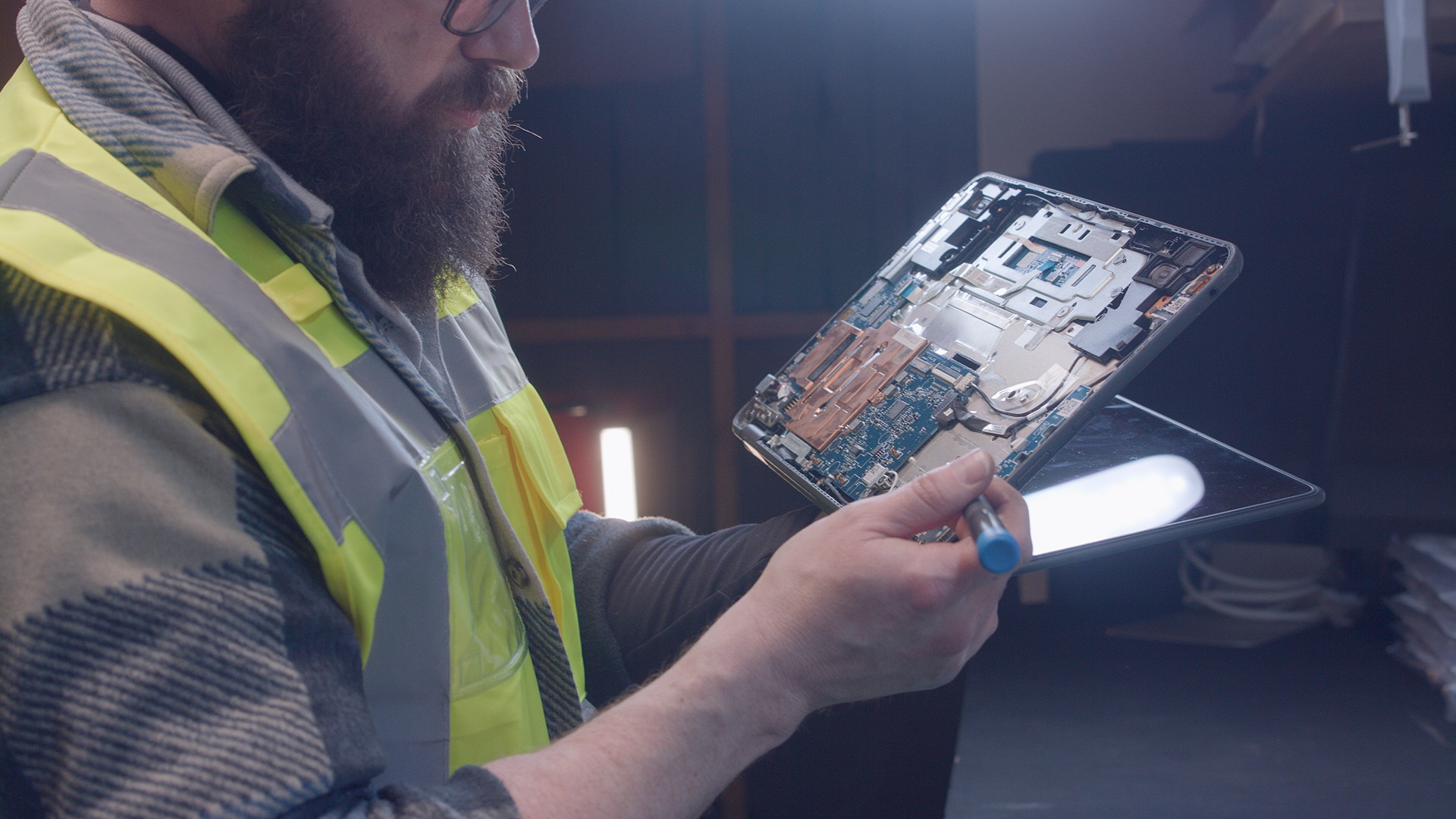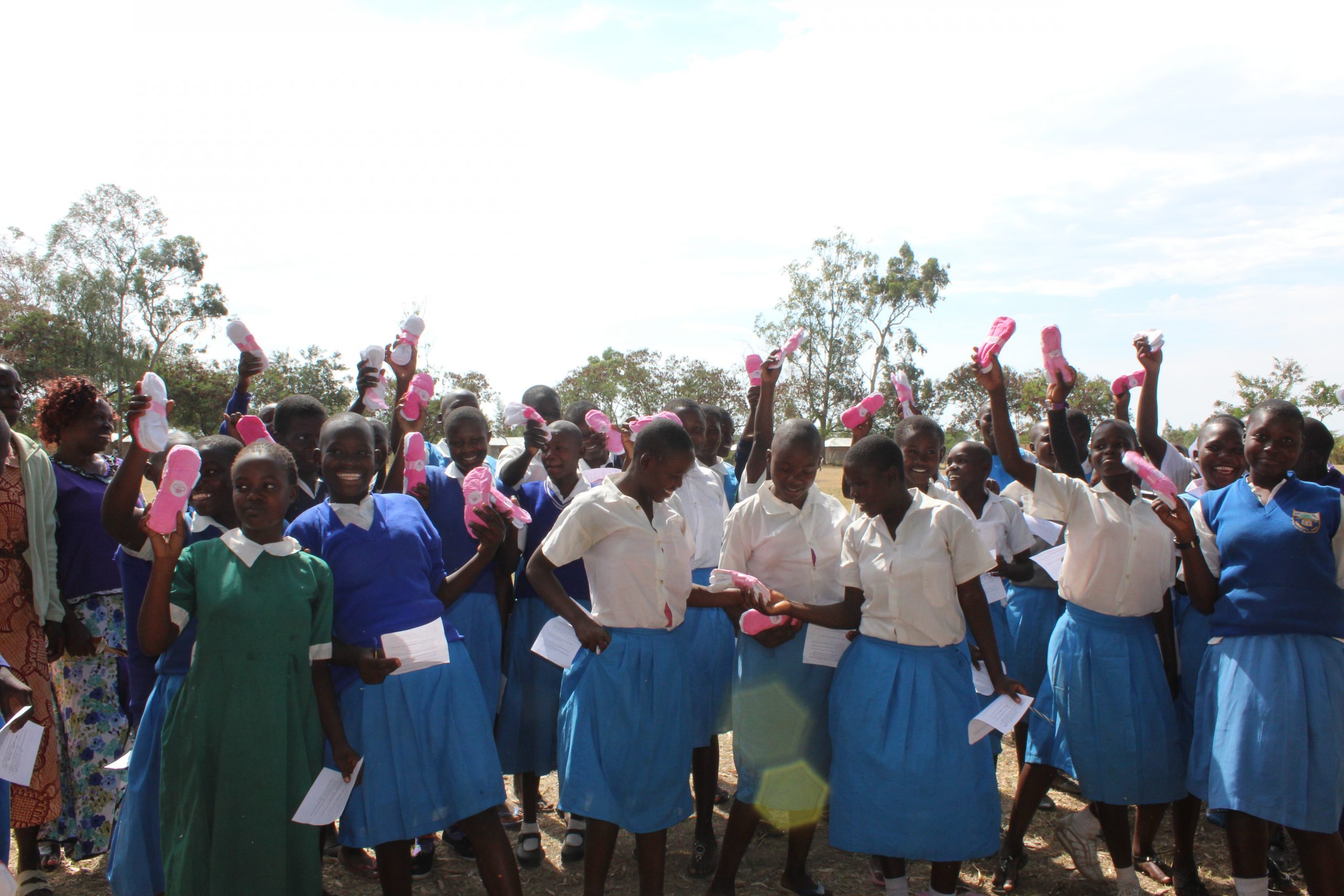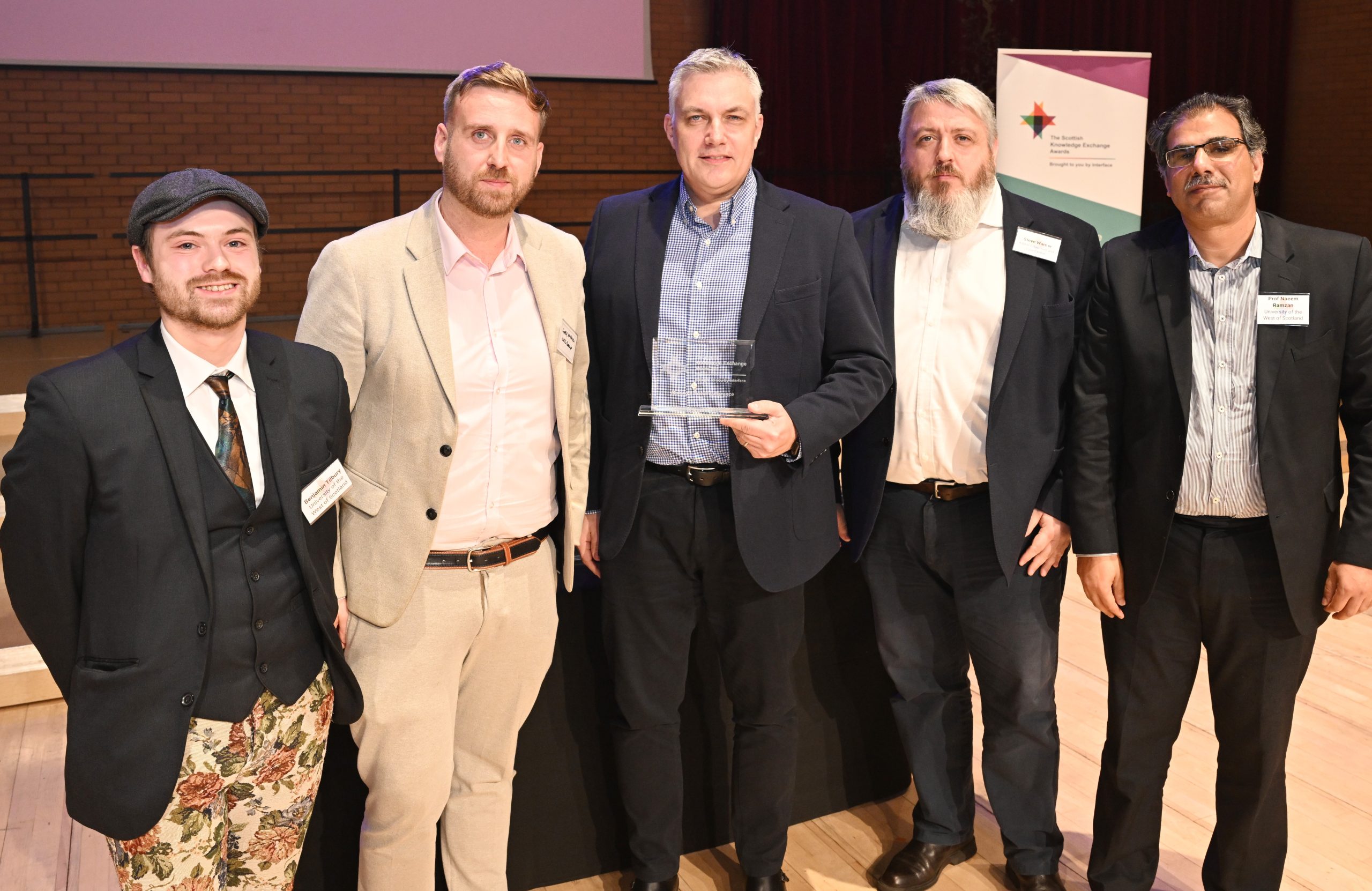Blog
Today’s rain is tomorrow’s whisky #WorldWhiskyDay

To mark World Whisky Day on 19th May, we are celebrating the many exciting and ground-breaking business-academic collaborations supported by Interface; from ambitions to make Raasay’s first (legal) whisky, to plans to create a vertical distillery.
One of the key strengths of the Scottish drinks industry is the very traditional nature of whisky production. Drinks companies are constantly looking to differentiate themselves through innovation in branding, product development and processes.
Interface has worked with numerous businesses, academics and organisations in the whisky arena to forge successful and enduring partnerships, including the Scottish Craft Distillers Association and Dr Annie Hill of Heriot-Watt University’s International Centre for Brewing and Distilling. These partnerships support the whisky industry, local communities and the wider economy.
The idea for World Whisky Day (WWD) originally came from a 19 year-old-student called Blair Bowman, who then teamed up with White Light, an Edinburgh-based marketing agency and publisher of the consumer drinks magazine Hot Rum Cow, to develop the project’s potential. White Light were matched by Interface with the University of Edinburgh Business School to research market trends on whisky consumption to widen the reach of whisky and how to grow WWD.
Fraser Allen, CEO of White Light, explained the background and ambitions of WWD:
“World Whisky Day is a global celebration of whisky that particularly appeals to young, open-minded whisky drinkers. Hundreds of events are held around the world by people who register on our website, and there is a huge amount of activity on social media. Last year, we achieved a reach on Twitter and Instagram alone of 54 million people. There was also masses of coverage in mainstream media, celebrity participation and brands getting involved as commercial partners.”
World Whisky Day is now firmly established in the calendar and continues to celebrate all aspects of whisky. Here are just a few of the partnerships Interface have supported in recent years:
Alasdair Day, R&B Distillers
“We are keen to build on the results of our Raasay Barley Variety trial that we carried out last year that we developed through Interface and working with Peter Martin University of the Highlands and Islands’ Agronomy Institute. We are planning to develop the trials this year by including some addition varieties alongside two of those that were successful last year. The purpose of the trials is to identify and grow an early ripening variety of Barley that we can harvest earlier on Raasay and therefor avoid the high levels of rainfall at the end of the season. If we are successful we will be able to produce another small batch of Isle of Raasay single malt made from barley grown on Raasay”.
Dr Peter Martin, University of Highlands and Islands
“Barley has not been grown for grain on the Inner Hebridean island of Raasay within living memory and production is challenged by a short growing season, high rainfall and a lack of knowledge about varieties suited to these conditions. With an ambition of using some locally grown barley in the whisky produced by its new distillery on the island, Raasay and Borders (R&B) Distillers approached the University of the Highlands and Islands’ Agronomy Institute in 2017 to help it investigate the feasibility of growing barley on Raasay. Working with a local grower, Andrew Gillies, we tested several varieties of barley including very early-maturing varieties from Iceland and Sweden. The latter were very promising and were ready for harvesting about 2-3 weeks earlier than varieties normally grown in Scotland. With help from the James Hutton Institute, we were able to harvest and dry grain from these early varieties and this will be malted and used for distillation by Raasay Distillery in 2018. Building on the success of the 2017 collaboration, and with support from the Agricultural and Horticultural Development Board, we are making plans with R&B Distillers for further testing of early maturing varieties on Raasay this year.
If our project is successful, there will be considerable economic benefits to both Raasay Distillery and local growers. There could also be much wider advantages, however, as suitable varieties could also be grown by livestock farmers in the region, reducing their dependence on expensive imported feeds.”
Ian Stirling, Muckle Brig/Port of Leith Distillery
“We want the Port of Leith Distillery to forge its own distinctive place in the Scotch Whisky conversation. As beer and whisky fans, we are fascinated by the role that yeasts and fermentation can play in spirit flavour – a very significant part of the production process that is so rarely discussed. Keen to research this area further, Interface introduced us to Heriot Watt’s International Centre for Brewing & Distilling which we are very lucky to have on our doorstep. We firmly intend our Knowledge Transfer Partnership to be the beginning of a very long and mutually beneficial relationship that opens up a new frontier in Scotch Whisky research.”
This Dumfries & Galloway distillery re-opened after nearly 90 years when local businessman David Thomson and his wife purchased the derelict building. He wanted to tap into academic help to undertake historical research pertaining to the locale of the distillery and the culture of its area. Interface matched Annandale Distillery with three academics from Glasgow Caledonian University, University of Dundee and University of Glasgow for different projects to turn David’s ambition into a reality.
Dornoch Environmental Enhancement Project
Shortlisted for a social and environmental impact award in this year’s Scottish Knowledge Exchange Awards, the Dornoch Environmental Enhancement Project is an environmental first for a distillery. The Glenmorangie Company, in partnership with Heriot-Watt University and the Marine Conservation Society, is aiming to restore native European oysters to the Dornoch Firth to enhance biodiversity and, together with an anaerobic digestion plant, purify the by-products from the distillation process.



